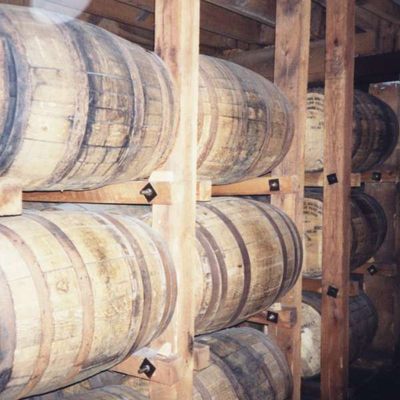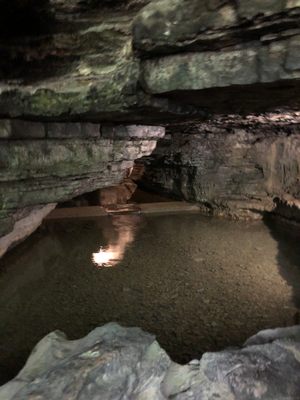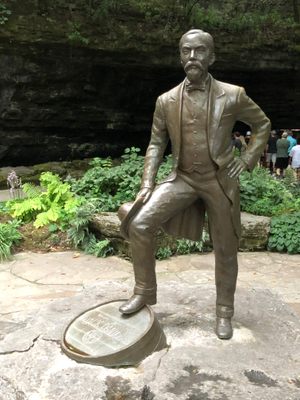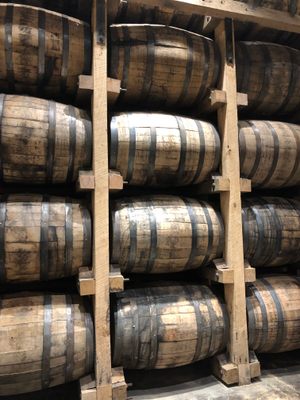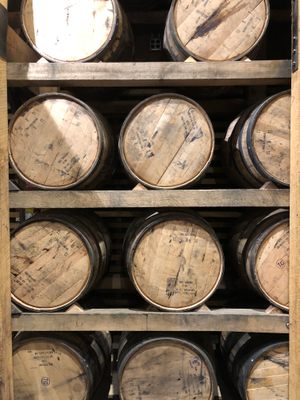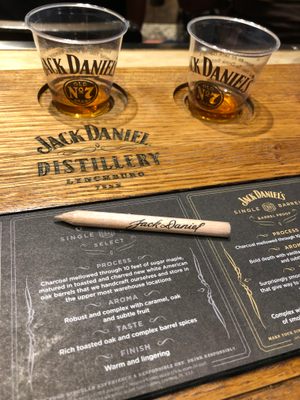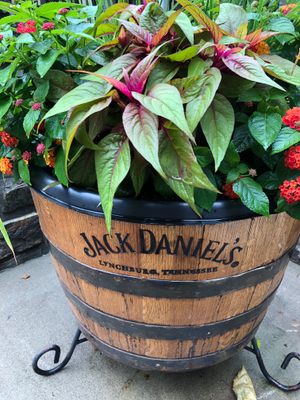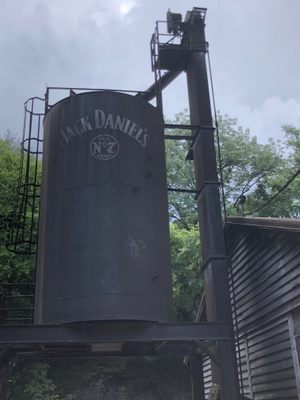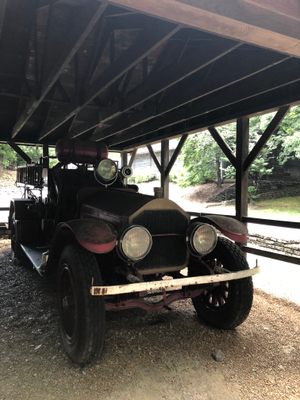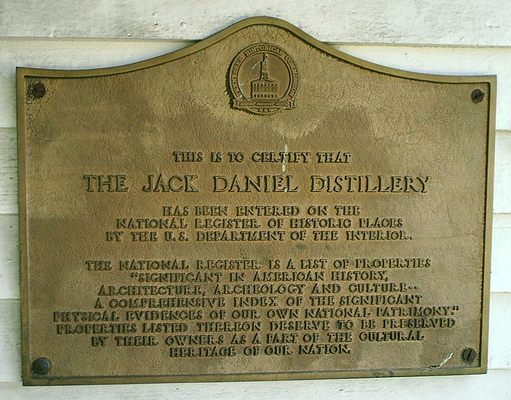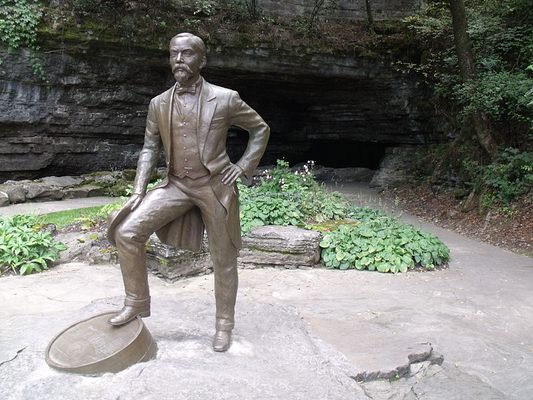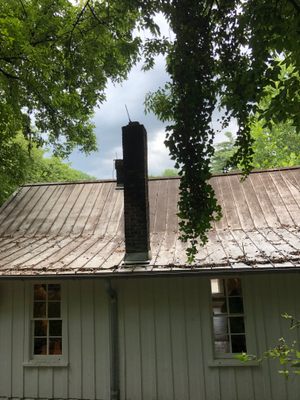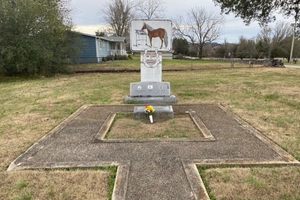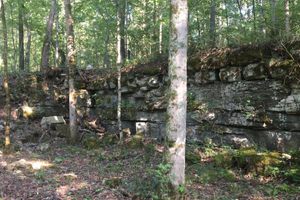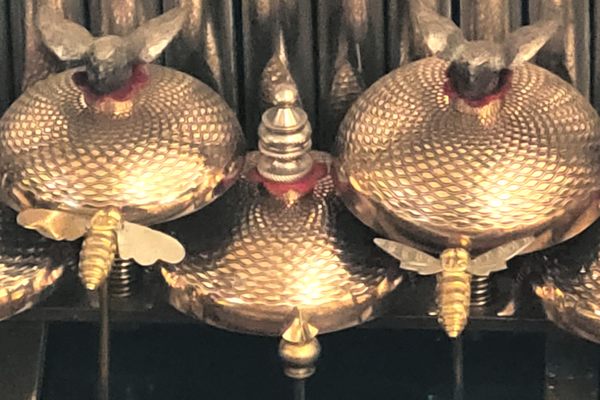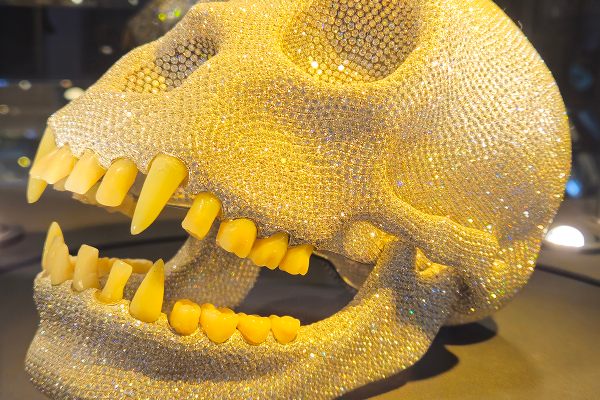About
In 1875, a man named Jack Daniel decided to get into the booze business.
The adopted son of a moonshine distiller in Tennessee, Daniel excelled at his craft. At the 1904 St. Louis World Fair his sour mash Tennessee whiskey won a gold medal, but the temperance movement was hot on his his heels.
Daniel retired in 1907 and gave the distillery to his nephews to run, but a mere three years later, Tennessee passed the prohibition law and they had to stop production. Although distilling was relocated to more hootch-friendly Missouri and Alabama locations, they struggled with quality control—bourbon just wasn't as good as it was when it came from Tennessee. It wasn't until 1938 that the law was repealed and the red tape was cleared so that the party could start once again, but then WWII came around, ruining everything and shutting down the distillery once more for 5 years.
The smoke cleared and business started back up in 1947, and since then the company and its famous whiskey have been chugging along fine. One of the most recognized names in the world of drinkers, they offer several variations of the mash liquor, and their brand name and logo can be seen just about everywhere there are serious cocktail happenings. The distillery has been on the National Register of Historic Places since the early 70s, and offers a tour of the facilities to their adoring public—however whiskey drinkers may find this educational jaunt through the history of Jack Daniel's a tad disappointing...
The famous distillery is located in Lynchburg, which is in Moore County ... which has been a dry county since 1872. However, they did find loopholes in the local law. On the drinking tours, workers are allowed to serve alcohol as part of a "celebration." There's also an alcohol shop onsite called the "White Rabbit," where rare special editions and commemorative bottles are allowed to be sold in the dry county since you can't buy them anywhere else. This is one of only two locations in the county where you can buy alcohol, as the other is an unaffiliated wine store in their downtown, which falls under agricultural law.
The tour offers a comprehensive history of Jack and the business, and explains the process of whiskey production. For a small fee, you can also do three small tastings, in this otherwise dry county.
Related Tags
Published
January 26, 2013
